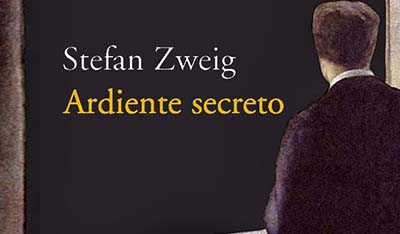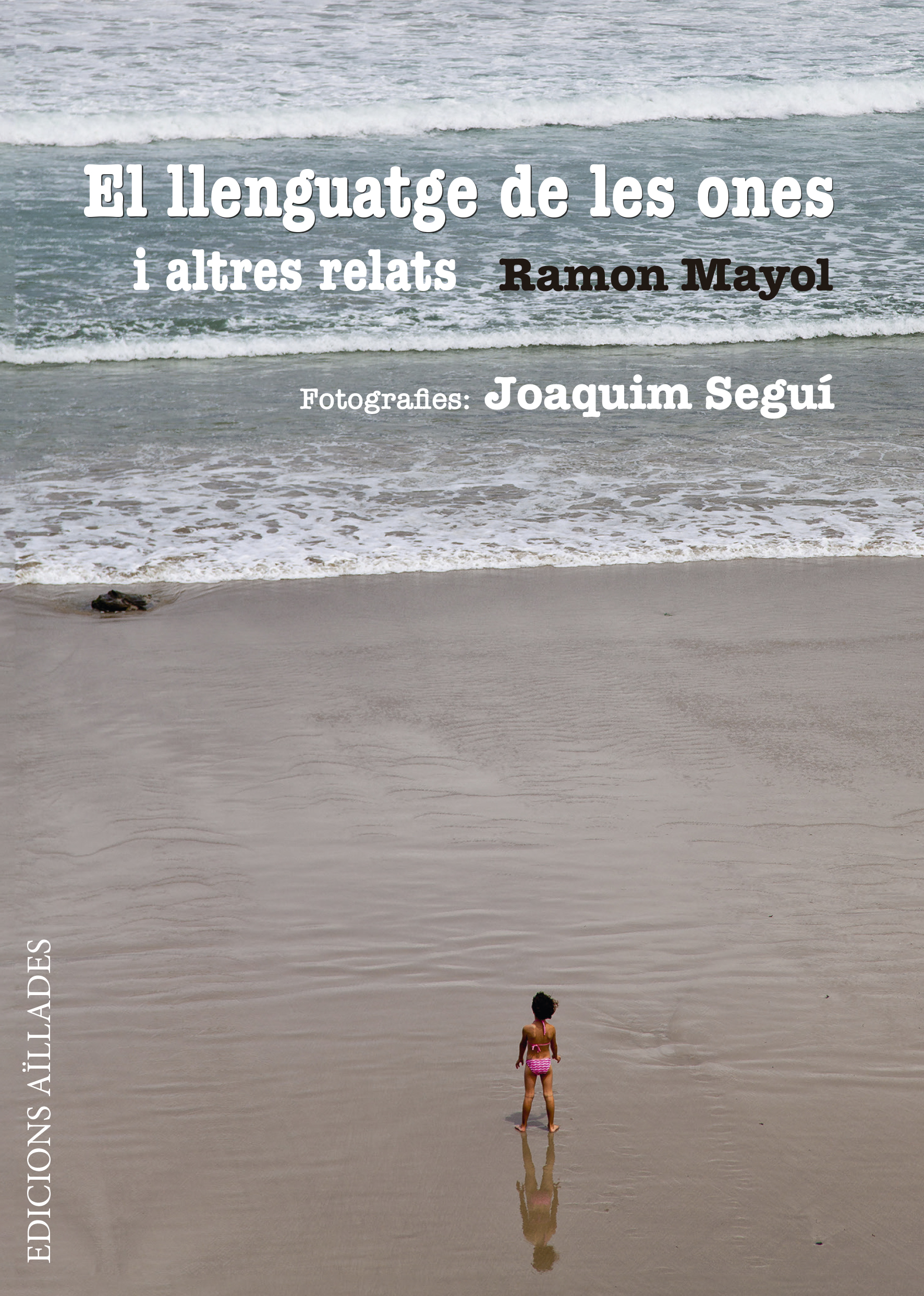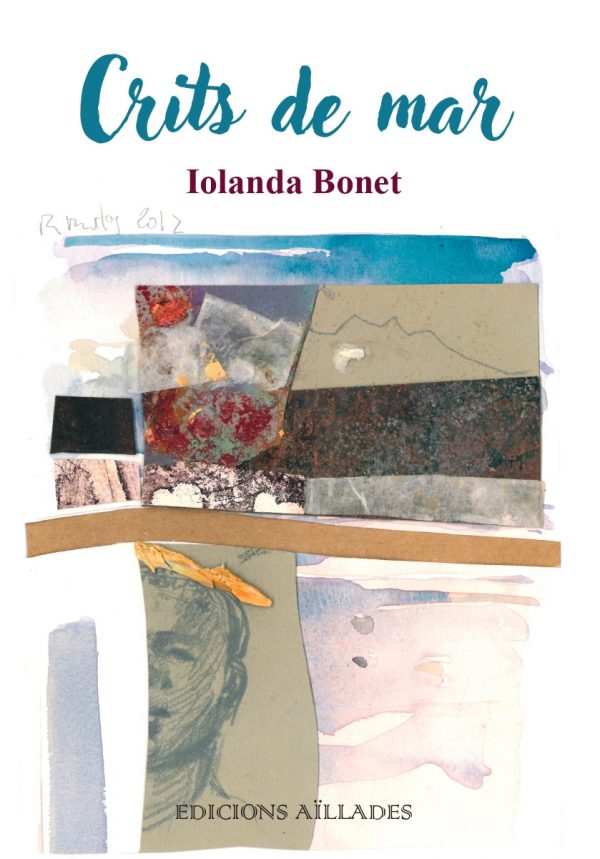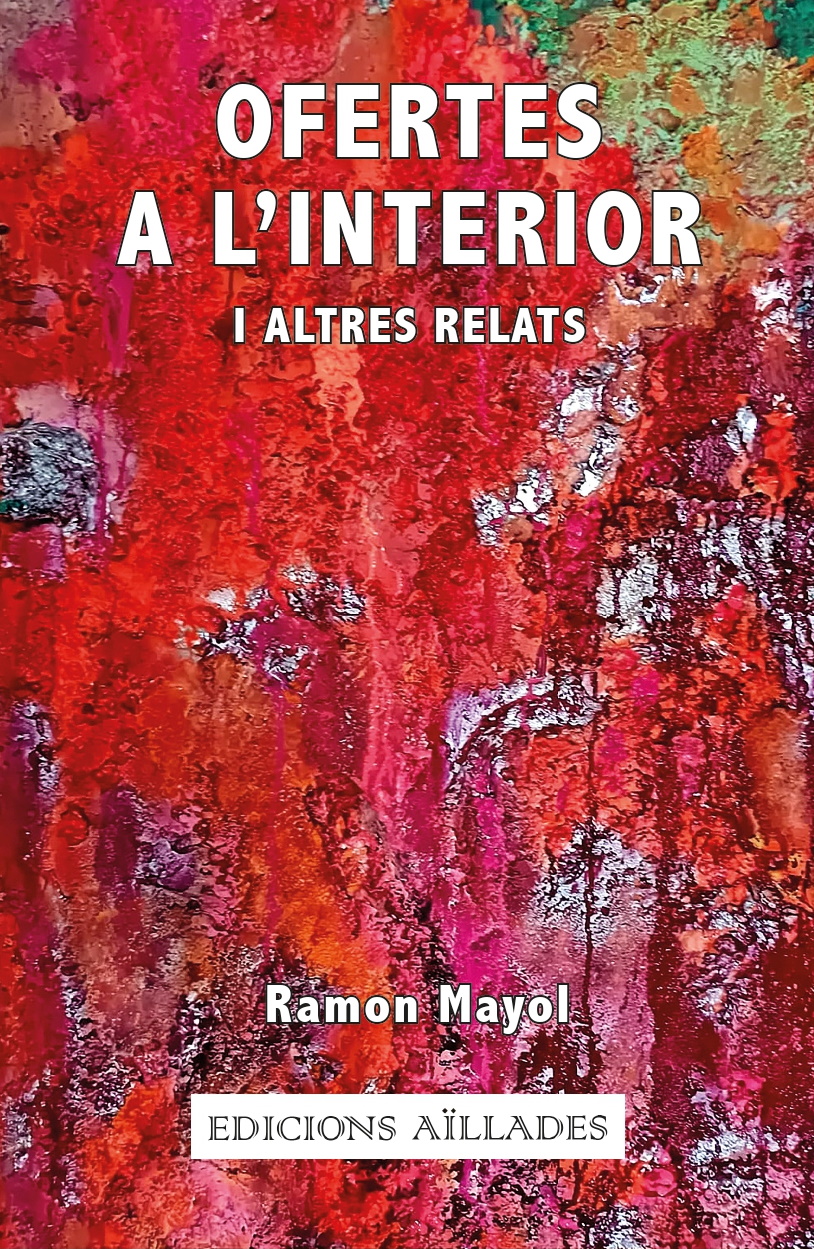BURNING SECRET IN THE LIBRARY
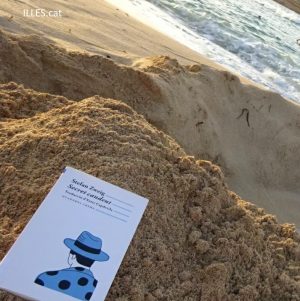 The Short Novel Burning Secret, de Stefan Zweig, is debated at the next meeting of the Reading Club of Santa Eulària des Riu.
The Short Novel Burning Secret, de Stefan Zweig, is debated at the next meeting of the Reading Club of Santa Eulària des Riu.
Zweig has an excellent way of portraying any of the human emotions, in various situations, in this case hate, treachery, the admiration, loneliness…
The synopsis of the book goes like this: “She was at that decisive age when a woman begins to regret the fact of having remained faithful to a husband whom she has never loved after all., and in which the purple twilight of her beauty grants her a final and compelling choice between the maternal and the feminine. Life, To whom it seems that all the answers have been given for a long time, becomes a question once more, for the last time the magic needle of desire trembles, oscillating between the hope of an erotic experience and the definitive resignation. A woman then has to decide between living her own destiny or that of her children, between behaving like a woman or like a mother. And the baron, insightful in such matters, he thought he noticed in her that dangerous vacillation between passion for life and sacrifice. "
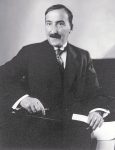 Zweig was born in Vienna into a wealthy Jewish family and already in his teens, Zweig sent poems and articles to some magazines and corresponded with important literary figures.. He studied Philosophy at the University of Vienna and obtained a doctorate in 1904. During his student years Zweig published his first book of poetry as well as several articles in the most prestigious newspaper in Vienna., El New Free Pressand.
Zweig was born in Vienna into a wealthy Jewish family and already in his teens, Zweig sent poems and articles to some magazines and corresponded with important literary figures.. He studied Philosophy at the University of Vienna and obtained a doctorate in 1904. During his student years Zweig published his first book of poetry as well as several articles in the most prestigious newspaper in Vienna., El New Free Pressand.
In the following decade he traveled constantly between Vienna, Berlin, Paris and Brussels. During this period he met poets, writers and artists like Auguste Rodin, Rainer Maria Rilke, Romain Rolland, W.B. Yeats, Pirandello and many others, and began to write short novels and plays that were well received by the public.
At the outbreak of World War I, Zweig, that he was an austrian patriot, wrote articles in support of. Zweig entered the military service and served in the Austrian Archives of the Ministry of War. Having witnessed the horrors of conflict, underwent a big change and wrote the drama Jeremiah, where he expressed a markedly critical position with the contest. The play was celebrated by his friend the writer Thomas Mann. Zweig took a pacifist stance, as did another of his friends, French novelist Romain Rolland. Zweig moved to Switzerland until the end of the war and remained a pacifist all his life., supporting the idea of a united Europe.
Reading Club Santa Eulalia
Tuesday, 7 de septiembre de 2021
20:30 horas
CULTURE ROOM (4to floor)
c / Sant Jaume, 72
Santa Eulalia
PRIOR RESERVATION:
Tel. 971 33 82 77
ILLES.CAT
Online literary platform






